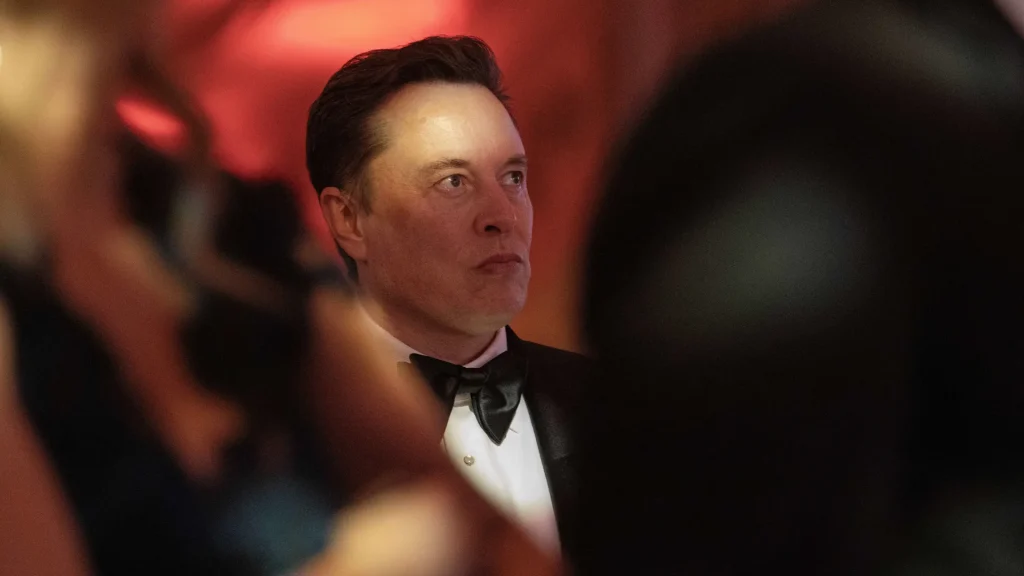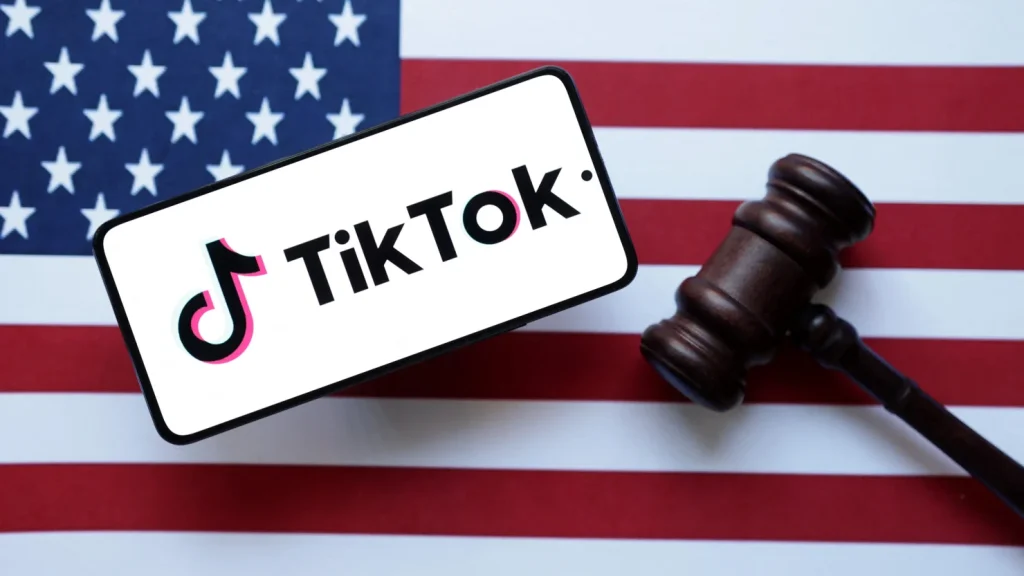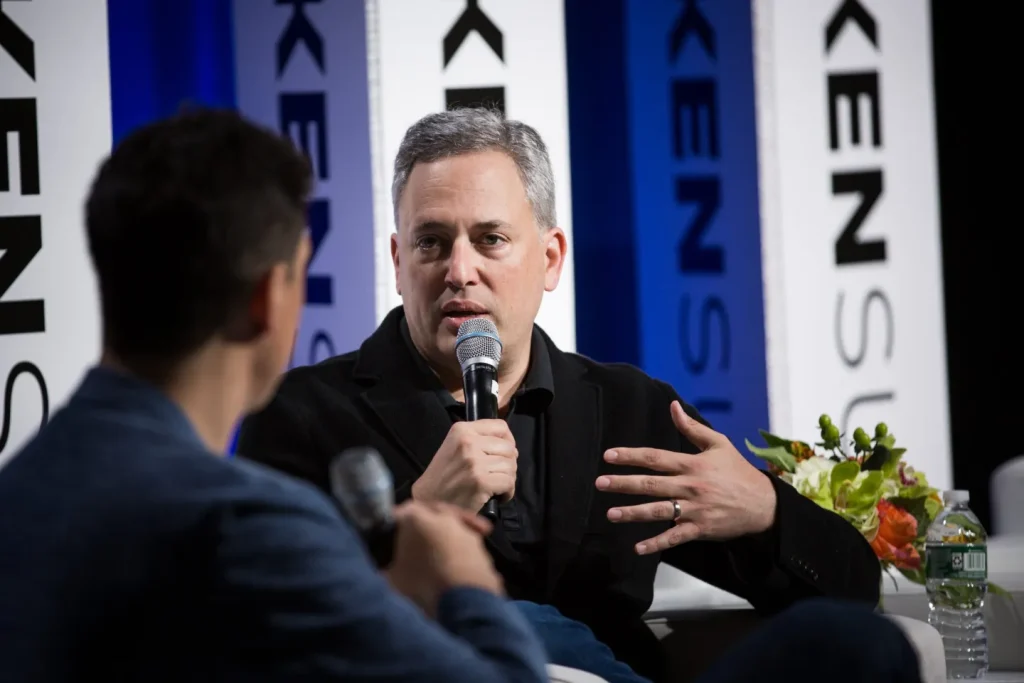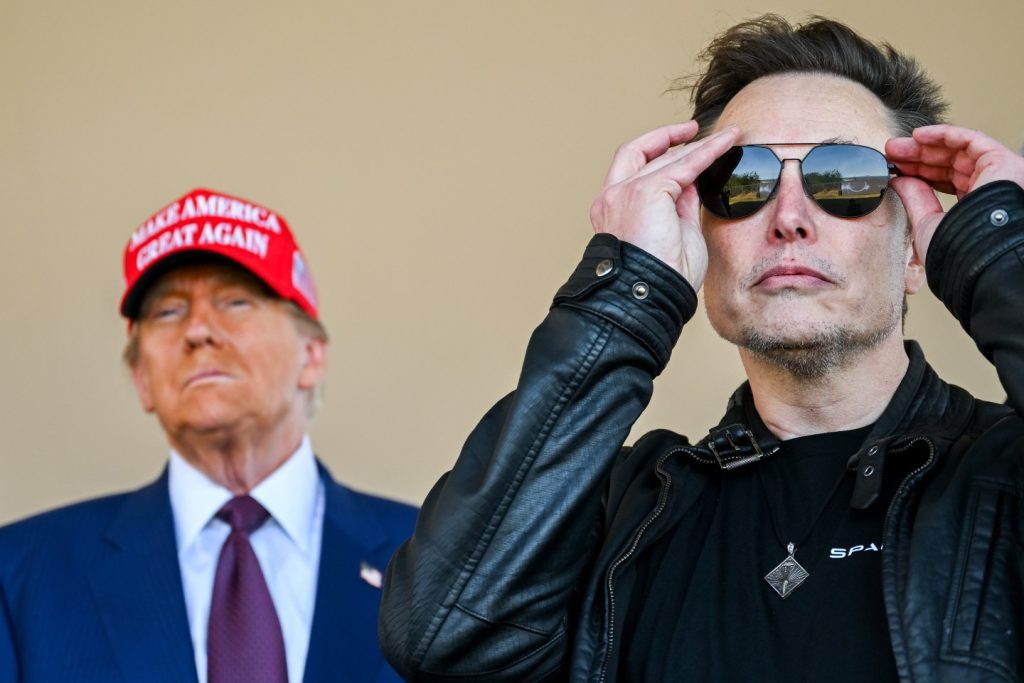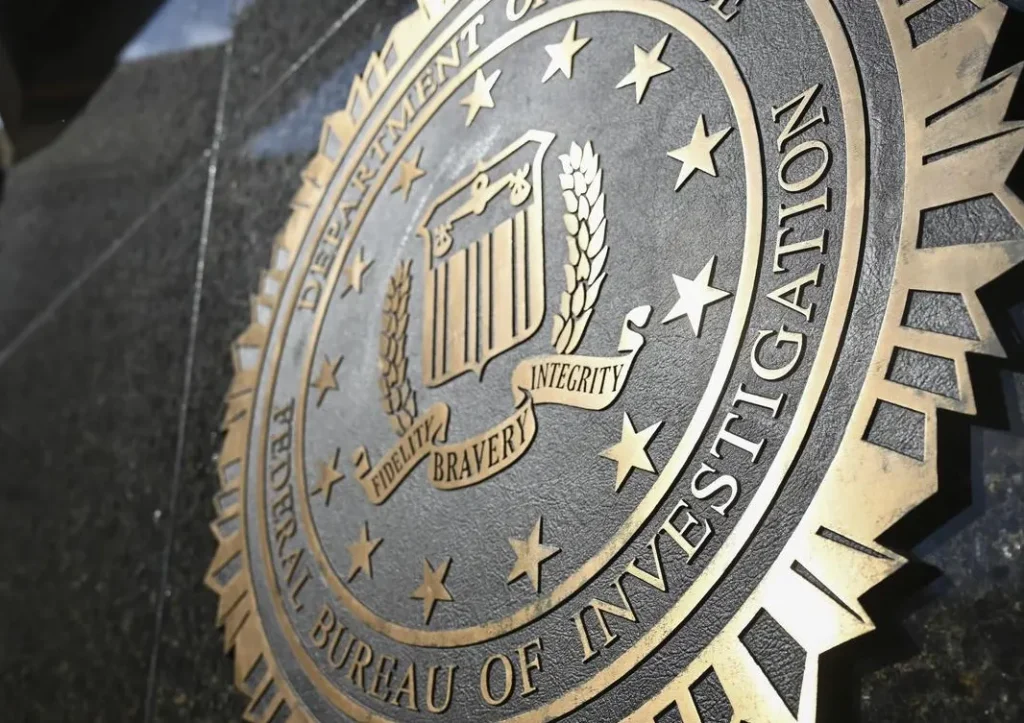Chinese officials reportedly discuss sale of TikTok in US to Elon Musk
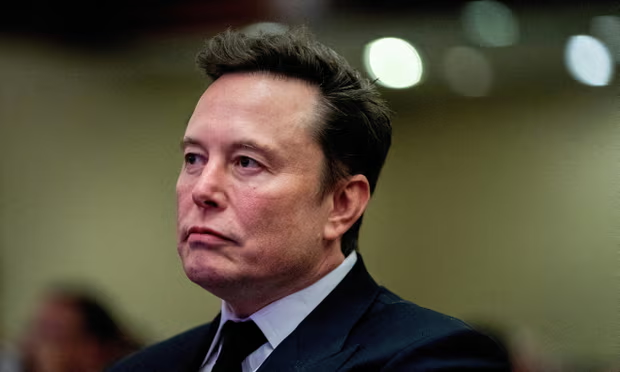
Amid growing scrutiny over the security risks associated with TikTok, reports have surfaced suggesting that Chinese officials are in discussions about potentially selling the popular social media platform’s U.S. operations to Elon Musk. The news has sparked widespread speculation about the future of the app in America, as tensions between the U.S. and China continue to rise over issues of data privacy, national security, and foreign influence.
TikTok, owned by the Chinese company ByteDance, has faced increasing pressure from the U.S. government and lawmakers due to concerns that the app could be used by the Chinese government to collect data on American users. In response, Chinese officials are reportedly exploring a possible deal with Musk, the CEO of Tesla and SpaceX, who has a history of ambitious business ventures and a high-profile public persona.
While the talks are still in their early stages, the possibility of Musk acquiring TikTok’s U.S. operations raises several important questions about the future of the platform, its data practices, and the broader implications for U.S.-China relations.
Rising Concerns Over Data Security
The discussion about selling TikTok in the U.S. comes amid escalating concerns about the app’s data practices. U.S. lawmakers have long expressed concerns that TikTok could be used as a tool for espionage, with the potential for the Chinese government to access the personal information of millions of American users. TikTok has denied these allegations, insisting that user data is stored outside of China and that the company operates independently from Beijing’s government.
Despite these assurances, the U.S. government has taken a firm stance against the app. Former President Donald Trump attempted to ban TikTok in 2020, citing national security concerns. Although the ban was never fully implemented, the pressure on TikTok has continued under President Joe Biden, with the administration conducting an ongoing review of the app’s operations and its potential threats to U.S. security.
The prospect of a sale to Elon Musk, however, may offer a potential solution to these concerns. Musk has built his reputation on transforming industries with his technology companies, and a move to acquire TikTok could address national security fears by placing the app’s U.S. operations under the control of a high-profile entrepreneur with no direct ties to the Chinese government.
Elon Musk’s Role and Potential Impact
Elon Musk’s involvement in a potential deal for TikTok is significant, given his influence in the tech industry and his strong public persona. Musk’s companies, Tesla and SpaceX, have revolutionized the automotive and aerospace industries, while his acquisition of Twitter in 2022 further solidified his position as one of the most influential figures in the tech world.
Musk has a reputation for taking bold, unconventional business moves, and his ownership of TikTok’s U.S. operations could be seen as a way to both defuse security concerns and further cement his influence over social media. There are also questions about how Musk would manage TikTok’s content moderation practices, given his recent stance on free speech and content regulation at Twitter. A change in ownership could lead to significant changes in how TikTok operates in the U.S., potentially addressing concerns about censorship, user privacy, and foreign influence.
For Musk, acquiring TikTok could present a unique business opportunity. TikTok has become one of the most popular social media platforms globally, with millions of users in the U.S. alone. The app has proven highly profitable, thanks to its powerful algorithm and ability to generate targeted advertising revenue. A potential acquisition would give Musk control over one of the world’s most influential social media platforms and the ability to monetize it in new and innovative ways.
Challenges and Political Implications
Despite the potential benefits of such a sale, the deal would likely face significant challenges, both from a business and political standpoint. One of the key hurdles is the ongoing tension between the U.S. and China, which has been exacerbated by disputes over trade, technology, and human rights. Any move to sell TikTok to a prominent American businessman like Musk could be seen as a concession by Beijing, potentially fueling further diplomatic friction between the two countries.
Chinese officials may be reluctant to give up control over TikTok, especially given its immense popularity and its growing influence on global culture. The app has become a powerful tool for shaping public opinion, marketing products, and even influencing political discourse. The potential loss of control over TikTok’s U.S. operations could be viewed as a significant blow to China’s global soft power strategy.
On the U.S. side, the political landscape surrounding TikTok remains complex. While many lawmakers are eager to address national security concerns by removing the app from American markets or placing it under stricter oversight, others are wary of stifling innovation or engaging in a trade war with China. The prospect of Musk’s involvement in a deal could shift the conversation, as his entrepreneurial influence may be seen as a way to navigate the geopolitical complexities while keeping the app operational in the U.S.
What’s Next for TikTok and Its U.S. Future?
As discussions continue, the future of TikTok’s U.S. operations remains uncertain. If the sale to Musk moves forward, it could mark a new chapter for the platform, one that would involve significant changes to how it operates in the U.S. and potentially in other markets. A shift in ownership could offer a way for the U.S. government to alleviate national security concerns while allowing TikTok to continue to thrive as a popular social media app.
For now, the news of Chinese officials reportedly discussing the sale of TikTok to Elon Musk has added another layer of complexity to the already tense relationship between the U.S. and China. Whether or not the deal ultimately comes to fruition will depend on a variety of factors, including political dynamics, national security concerns, and Musk’s willingness to take on the challenges of managing a global social media platform.
As the situation develops, all eyes will be on both Washington and Beijing to see how this high-stakes business deal plays out and what it means for the future of TikTok and social media regulation in the U.S.


